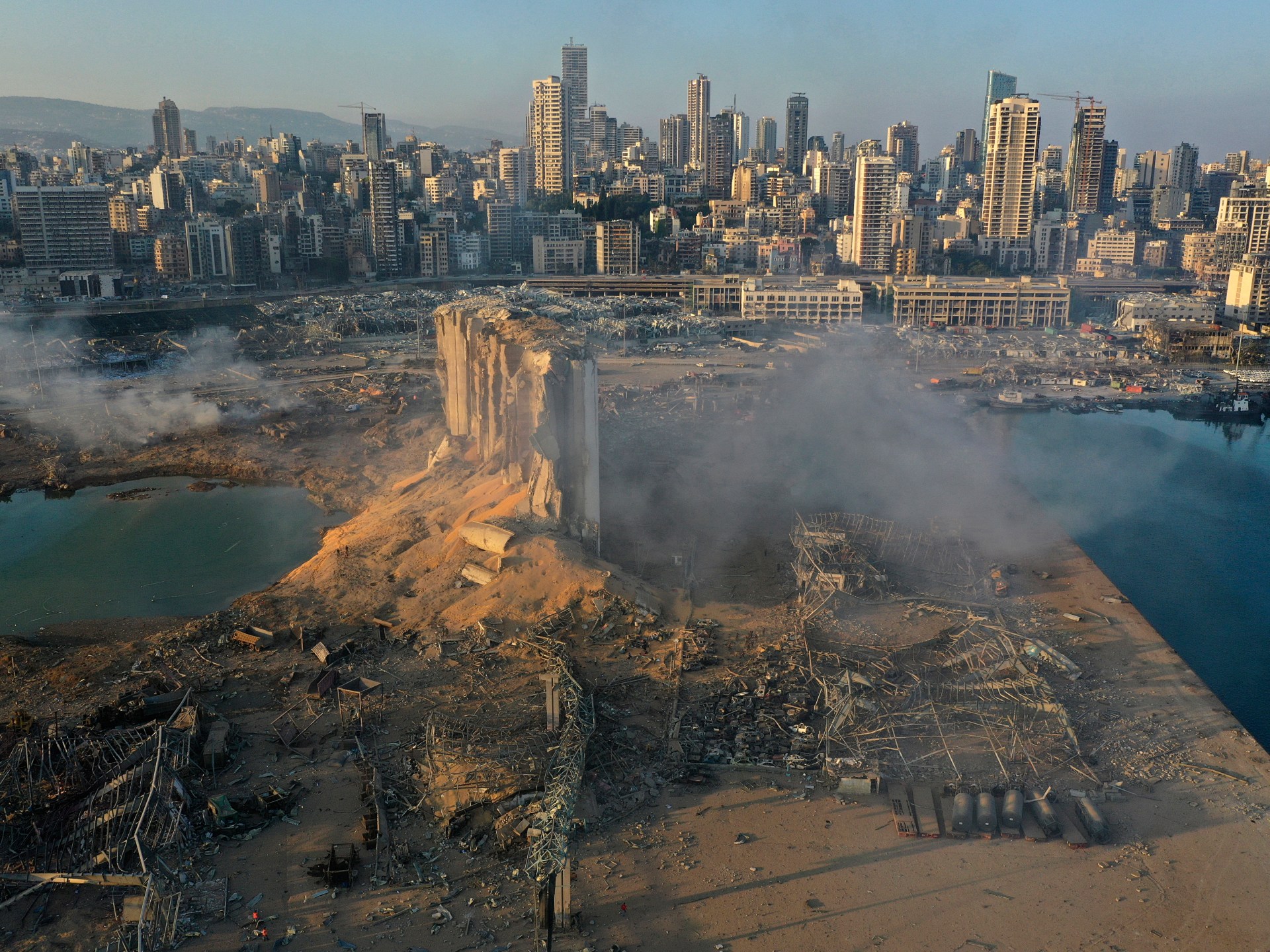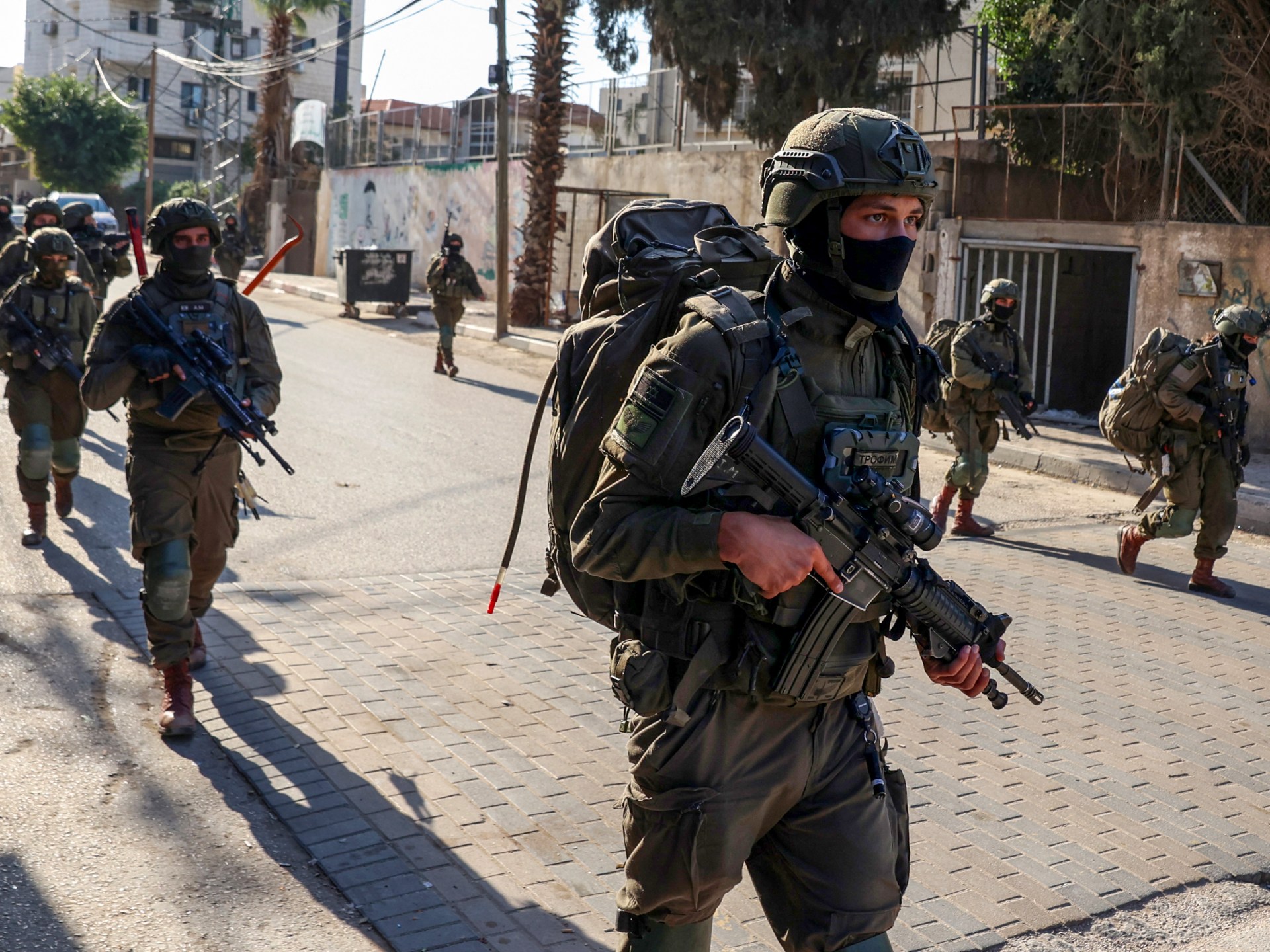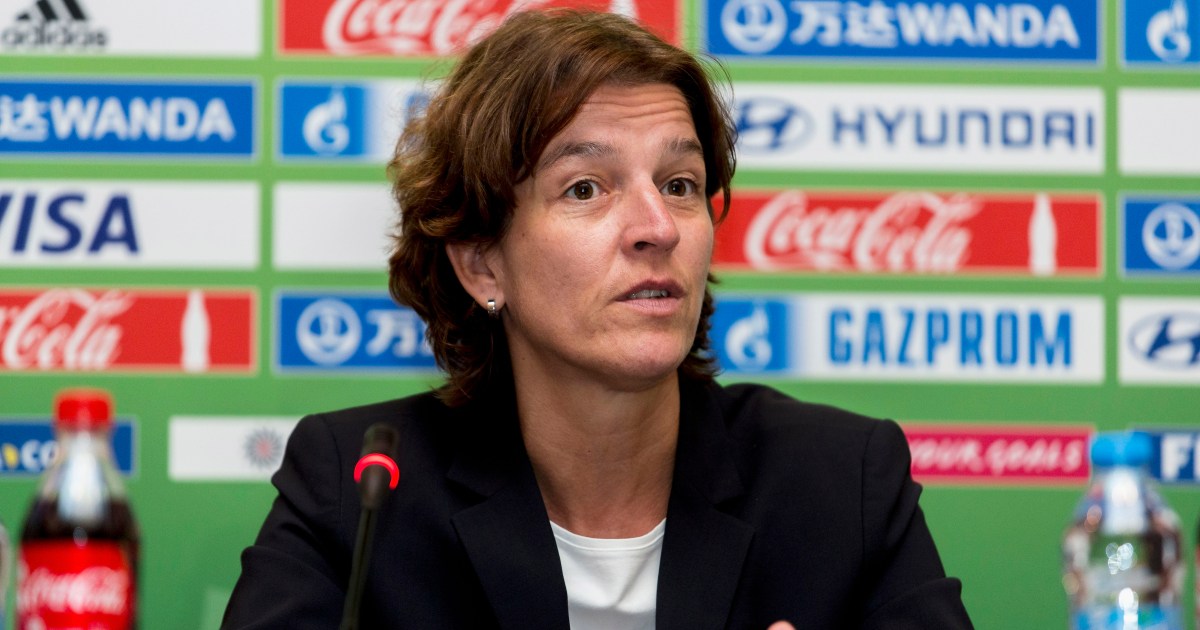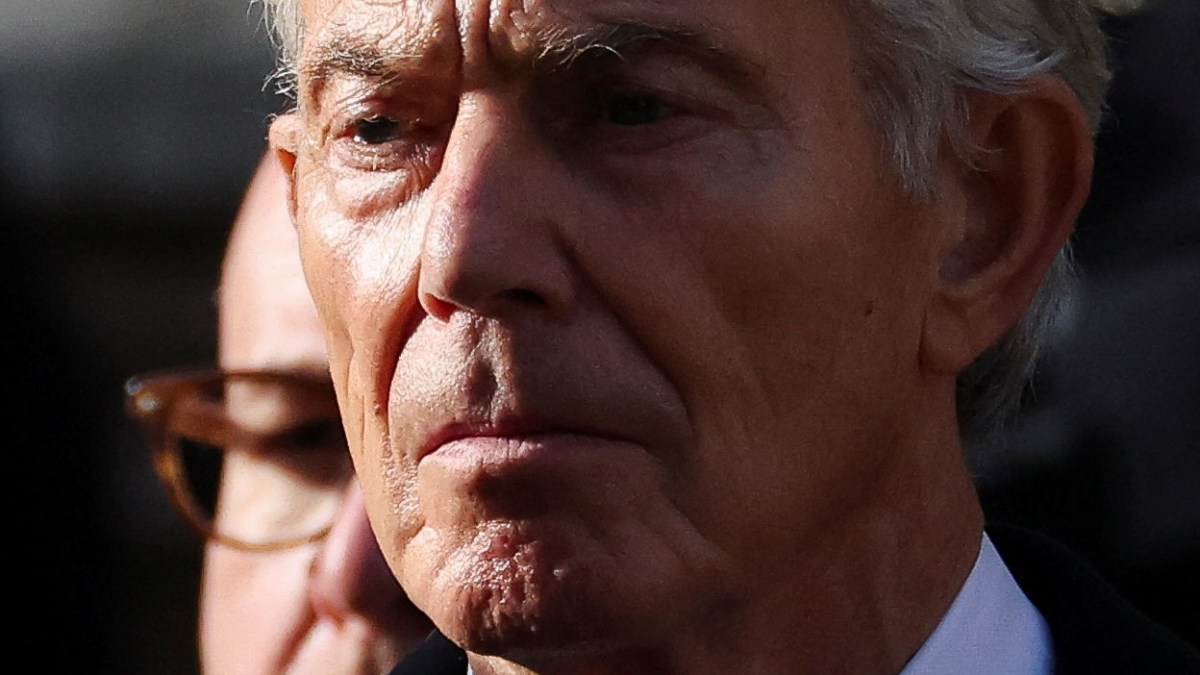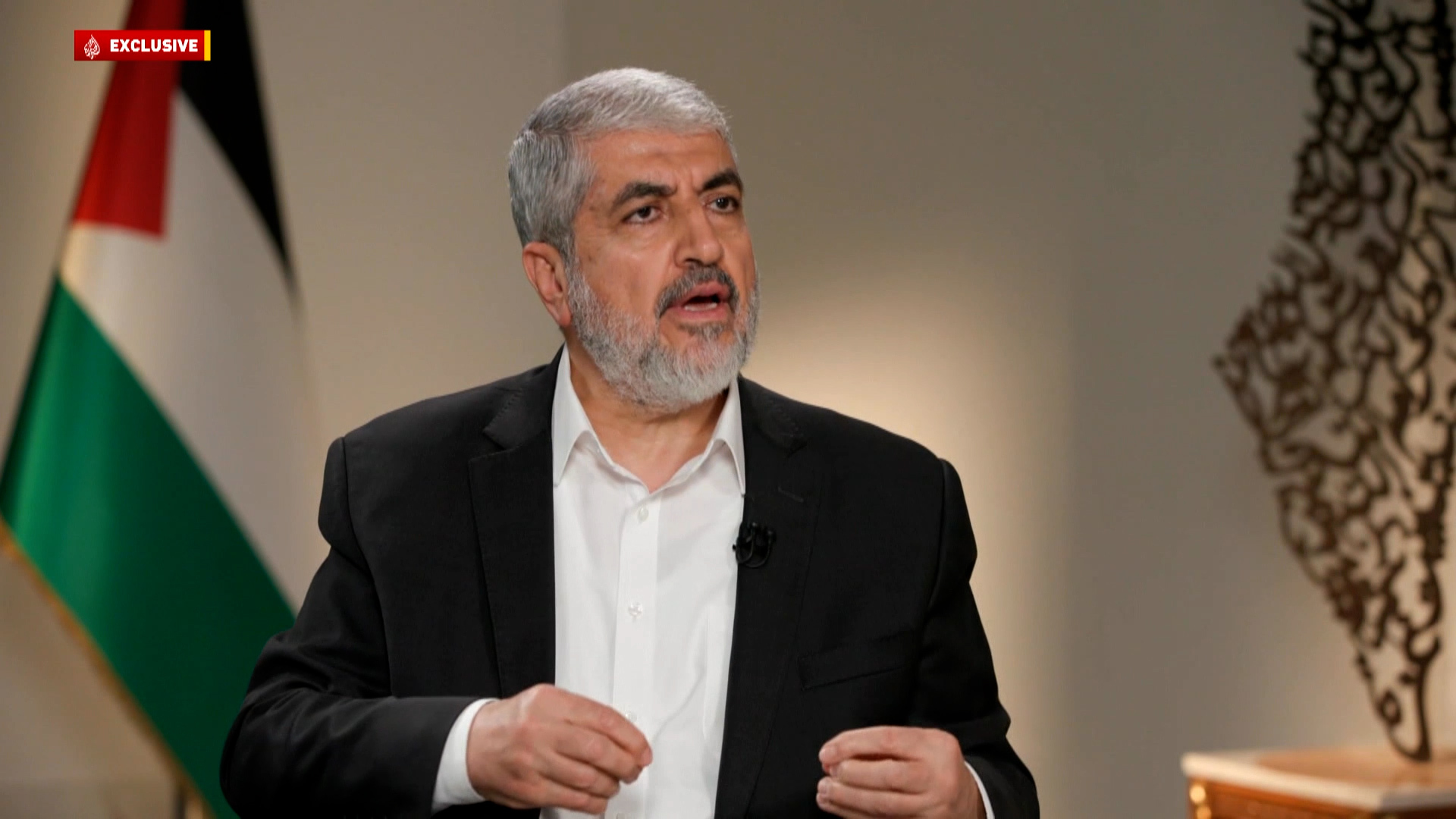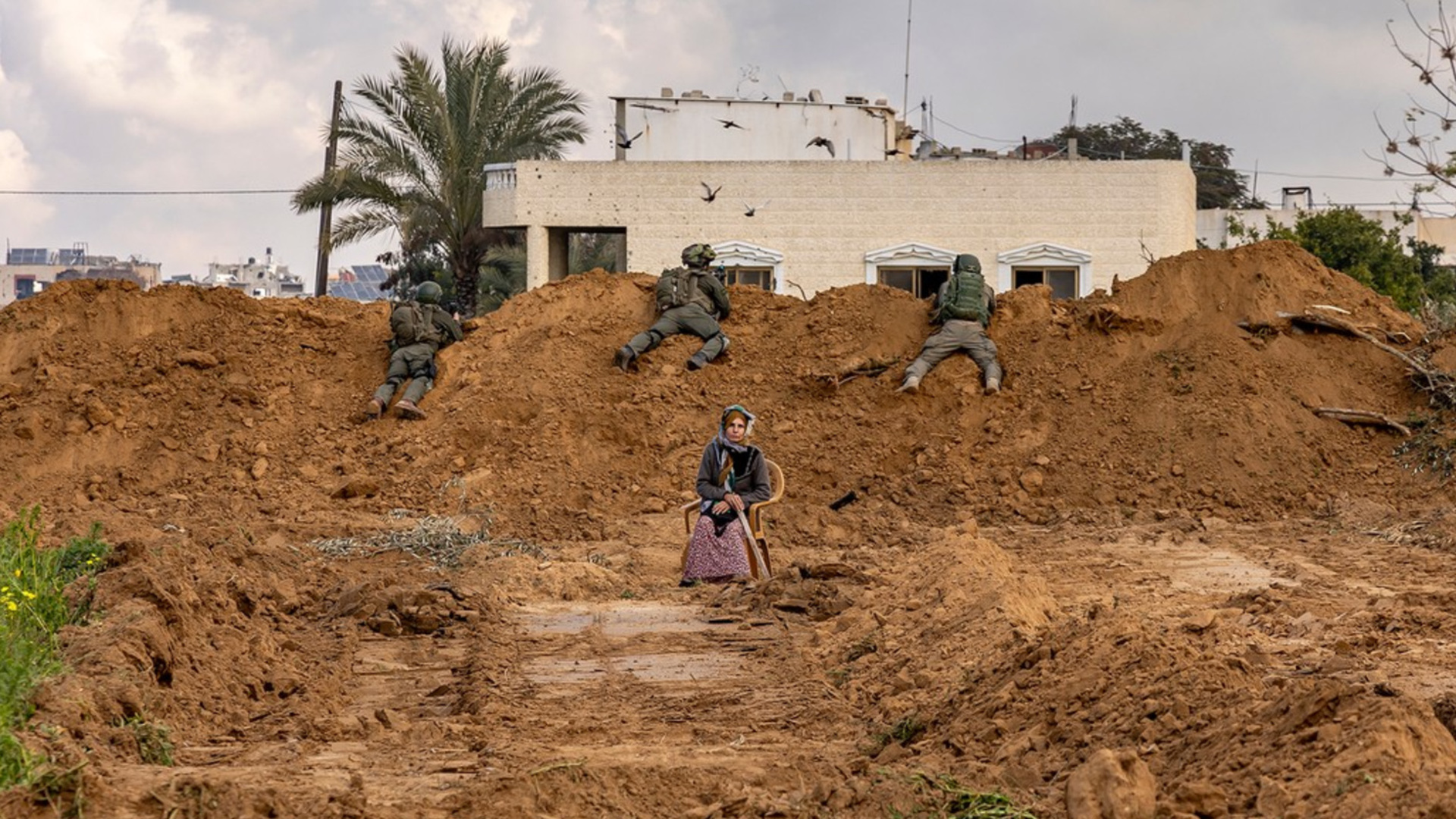A Bulgarian court has rejected Lebanon’s request to extradite Igor Grechushkin, a Russian-Cypriot shipowner wanted in connection with the 2020 Beirut port explosion, a hammer blow for the city that came during the first months of the coronavirus pandemic and amid a deepening economic crisis.
Grechushkin, 48, is the former owner of the Rhosus, the ship allegedly carrying the ammonium nitrate that detonated at Beirut port on August 4, 2020.
Recommended Stories
list of 4 itemsend of list
The blast killed at least 218 people, injured at least 6,500, and devastated large parts of Beirut, leaving tens of thousands homeless.
It was one of the largest non-nuclear explosions ever recorded, generating a seismic event of 3.3 magnitude felt as far away as Syria, Israel and Cyprus.
Grechushkin was detained in Bulgaria in September on an Interpol notice issued at Lebanon’s request and has been held pending extradition proceedings.
Ekaterina Dimitrova, Grechushkin’s lawyer, told reporters that the Sofia City Court ruled Lebanon had not provided “sufficient evidence to ensure that the death penalty will not be imposed on him or, if imposed, will not be carried out”. The hearing was closed to the media.
The ruling can be appealed within seven days at the Sofia Court of Appeal, whose decision will be final. Authorities said Grechushkin will remain in custody until the appeal process concludes.
Angel Kanev, the supervising prosecutor, said he would challenge the decision, arguing that Lebanon’s justice minister, Supreme Court and prosecutor general had already given the necessary assurances.
“Given that they have been given by such an authority … I believe that the grounds for extradition exist,” Kanev said.
Authorities in Lebanon say the explosion was triggered by a fire in a port warehouse where nearly 3,000 tonnes of ammonium nitrate had been stored for years without proper safeguards, despite repeated warnings to officials.
Meanwhile, more than five years later, no senior figure has been held accountable inside Lebanon. Families of the victims accuse political leaders of blocking the investigation to shield officials from prosecution.
The initial investigative judge was removed after charging high-ranking officials. His successor, Judge Tarek Bitar, also issued charges against senior politicians, who refused to appear for questioning, denied wrongdoing and stalled the probe.
Bitar resumed the investigation earlier this year and has questioned several current and former officials, but has yet to issue a preliminary indictment.
The explosion caused property damage estimated at $15bn and displaced roughly 300,000 people, compounding an already severe economic crisis in Lebanon.
Earlier this month, Pope Leo XIV offered prayers at the site of the Beirut port blast, one of the final stops in his three-day visit to Lebanon.
